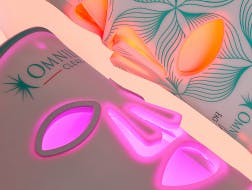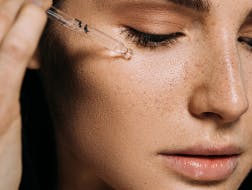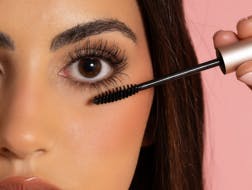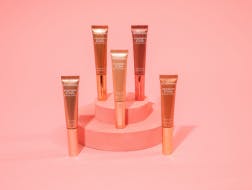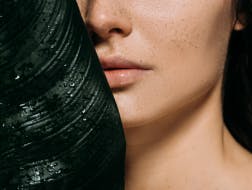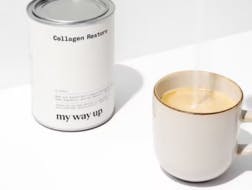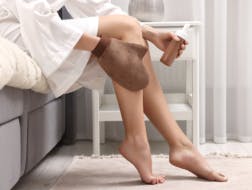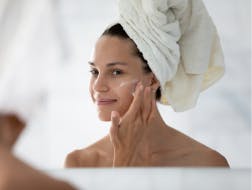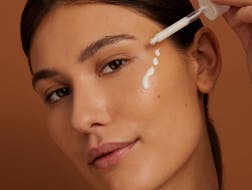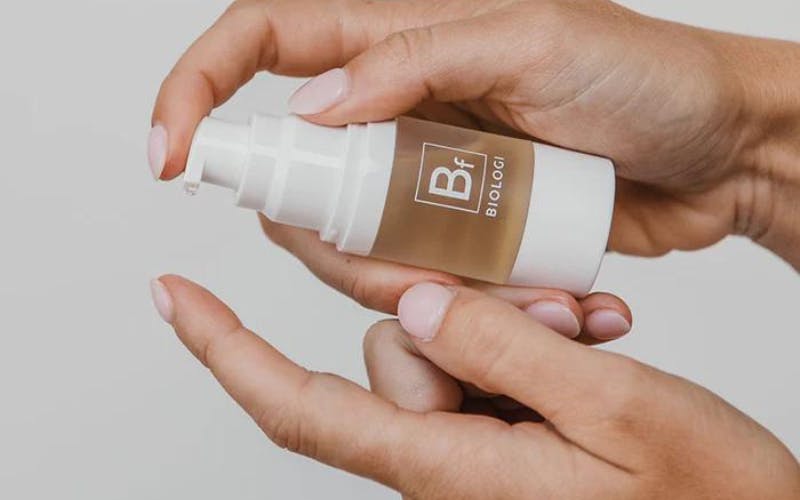Your Guide To Healthy Summer Skin
Biologi Summer Skin
Blog Credit: Biologi
It’s summer break and our holiday season in Australia! The longer days with the sun on your skin may leave you with a great tan, but unfortunately can take their toll on your skin, increasing the risk of skin cancer, accelerating the visible signs of ageing, and increasing skin alterations such as pigmentation and sunspots.
Did you know that every year, in Australia:
- Skin cancers account for around 80% of all newly diagnosed cancers.
- The majority of skin cancers are caused by exposure to the sun.
The incidence of skin cancer is one of the highest in the world, two to three times the rates in Canada, the USA, and the UK. Reference: cancer.org.au
While exposing bare skin to the sun for a few minutes each day is the most natural way to increase vitamin D levels in the body, outside of this, the sun is not your skin’s best friend.
Future proof your skin health and help it recover from UV over-exposure by following our summer skin tips.
Prevention is better than cure
Sunscreen is an absolute non-negotiable. Every. Single. Day.
Whether you’re planning a day at the beach, simply running around doing errands and the UV level is 3 or above, prevent skin damage by reminding yourself with these five sun protection measures.
Slip on sun protective clothing.
Slop on broad spectrum sunscreen (minimum 30SPF) 20 minutes before you head outside and remember to reapply every two hours.
Slap on a hat.
Seek shade and,
Slide on some sunglasses.
Sunscreen is formulated with ingredients that protect against the immediate signs of UVB (burning) damage such as redness and stinging. Sunscreen may also protect the skin from UVA (ageing) damage which isn’t so easy to spot, and these rays penetrate the cells at a deeper layer. Damage includes fine lines and wrinkles, dehydration, and increase the risk of skin cancer. Once cells are damaged by UVA rays, it can be difficult to reverse which is why sunscreen is critical.
Always make sure you use a broad-spectrum sunscreen that protects against both UVA and UVB rays. The Australian Cancer of Australian recommends for an adult, to use 5mL (approximately one teaspoon) for each arm, leg, body front, body back and face (including neck and ears). That equates to a total of 35mL (approximately seven teaspoons) for a full body application. Reference: cancer.org.au
Oh, and remember, don’t mix, or dilute your sunscreen with make-up or moisturiser as it will reduce the SPF factor.
More antioxidants please!
While SPF will help protect cells from the sun’s rays, sunscreen won’t defend against free radical damage that occurs when UV radiation contacts the skin.
The easiest and most effective way to break the free radical chain reaction, neutralise and counteract cellular damage is to apply antioxidants directly to the skin. Look for formulas that contain vitamin C, ferulic acid, gallic acid and flavonoids like quercetin.
Soothe and calm sun-exposed skin.
When the skin is exposed to UV rays, a pigment called melanin is produced to absorb the rays and defend against damage.
Excess sun can severely damage cells and should be avoided at all costs. Not only can it cause pain and discomfort, but skin that’s sore or hot to touch indicates exposure to more UV radiation than it can process.
Help soothe, calm and repair skin damage with Biologi’s hero product, the Bf Restore Face and Body Serum. This single-plant extract of Finger Lime Extract contains a pure and potent combination of natural Vitamin C, Tryptophan and Ferulic Acid. These active nutrients help to accelerate the healing of damaged cells to reduce redness and relieve discomfort faster. It’s like a best friend for your skin
Hydrate, hydrate, hydrate.
The more your skin is exposed to the sun, the more water it will lose through sweat, therefore its important to increase water levels to keep both body and skin super hydrated. Add topical hydrators with ingredients like Tryptophan that help lock in moisture, maintaining and increasing barrier hydration for a balanced and dewy complexion.
Inhibit hyper-pigmentation
Pigmentation displays as different coloured patches and occurs when melanin is distributed unevenly and while its largely non-irritating and generally painless, it does indicate a cellular irregularity that can lead to permanent damage.
The most effective way to protect against and reduce pigmentation is to apply active ingredients that inhibit melanogenesis naturally. We love BQK Radiance duo serum from Biologi which is a two-step morning and night-time ritual that improves the appearance of skin pigmentation without compromising healthy cells and without the use of synthetic activating agents.
Include exfoliation into your regime 1-2 a week and always wear a SPF if you use any AHAs, retinoids or photo-sensitising skincare.

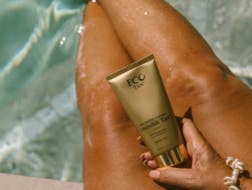
.png?ixlib=gatsbyFP&auto=compress%2Cformat&fit=max&rect=0%2C0%2C252%2C190&w=252&h=190)
.png?ixlib=gatsbyFP&auto=compress%2Cformat&fit=max&rect=68%2C0%2C663%2C500&w=252&h=190)
